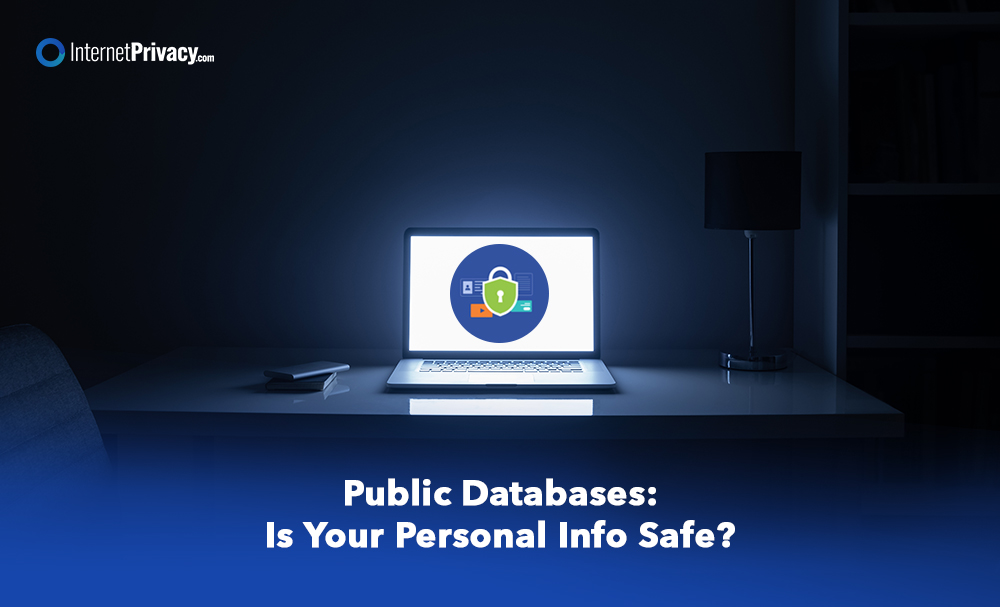Social Media And Cyberbullying: How To Keep Your Teenager Safe

In this modern digital age, all parents should be well informed about social media and cyberbullying. Why? Because your child might be experiencing it at this very moment.
The statistics are nothing but scary. According to cyberbullying.org, 60% percent of teenagers have experienced online harassment. And when it comes to online bullying, there’s nothing worse than ignoring or downplaying its impact on young people’s mental health.
Teenagers are the ones exposed the most to being bullied, and social media is where it typically takes place. The good part is there are plenty of solutions parents can take to help keep their teenagers safe from cyberbullying on social media and, in this article, we’ll discuss the most efficient ones.
So let’s dig in!
The Connection Between Cyberbullying And Social Media
For some people, especially the insecure ones, it’s much easier to be mean and lash out at others on social media. Certainly much easier than it is in real life. Sadly, the online world is the perfect place for them to unleash all their frustrations on others.
And while it might seem that words written on Twitter or Facebook have no real importance, they can be very hurtful to victims of cyberbullying and can cause severe damage.
Here are some examples of what online abuse on social media can look like:
- Posting from someone else’s social media account or sending messages without their permission
- Creating fake social media profiles with the intention to mock someone
- Posting photos of other people without asking their permission first
- Sending mean messages on social media chatting apps
- Leaving mean comments on someone’s social media profile
- Using group chats to harass people
How To Find Out If Your Child Is Bullied Online?
Being harassed online is an ordeal for people of all ages, but teenagers have the hardest time dealing with it. Social media may be online, but it is public. Being shamed, ridiculed, or mocked in public is a traumatic experience with many negative consequences.
Moreover, cyberbullying on social media can happen at any time, making the stress of dealing with it tremendous. Here are some signs that your teenager might be dealing with it:
- They are more withdrawn than usual and tend to avoid or refuse to spend time with friends and family.
- Get nervous when checking their notifications, and pick up their phones more often than usual.
- Often seem upset after checking their messages.
- Are more tired than usual or have difficulty sleeping.
- Eat more or less than usual or have stomach aches or diarrhea episodes.
- Want to avoid school and/or other activities they used to like doing.
- Their grades may be lower than usual.
How Parents Should Address Cyberbullying With Teens
Talking to teenagers about social media and cyberbullying is just as important as talking to them about in-person bullying.
It is far better for young people to recognize and understand what they might be dealing with, should they end up being harassed online, than to be surprised when it happens. This is the first step into acknowledging that being bullied is not their fault.
The second step is to learn about the solutions they have to protect themselves from cyberbullying.
As parents, it is extremely important to help your children understand all the aspects of social media, both good and bad. It’s also worth discussing with them the potential scenarios in which bullying can take place.
A few other important topics to touch upon are the notions of privacy and property in social media. Teens should know the boundaries of social media interactions and understand appropriate social media behavior so that they don’t act inappropriately toward other people themselves.
While not taking somebody else’s phone and posting on their behalf without having their consent might seem like an obvious guideline, not posting photos of other people without their consent might also be worth talking about too.
Another thing parents should stress is the fact that cyberbullying knows no age, background, or gender. It can happen to any of us at any time.
Your teenager needs to understand they are not alone in this, and that they didn’t attract the harassment upon themselves so, when it happens, it’s ok to discuss it with their parents without the fear of being punished for it.
What Parents Can Do to Help Protect Their Children
Internet privacy is an essential part of social media, and all parents should talk to their children about it.
Here are some of the most important aspects of internet safety and security that parents can teach their children so that they can prevent privacy breaches:
- Young people need to understand the importance of having a strong password for each one of their social media accounts. Having examples of what a strong password means versus a weak one can definitely help.
- They need to learn about the importance of not using the same password for all their social media accounts.
- They must realize the importance of changing passwords regularly in case someone breaks them.
- They must understand the importance of not sharing passwords with other people, not even their friends.
- It should be explained that saving passwords in browsers or on other computers than their own can be dangerous. A password manager app is always best as it can keep all passwords safe and secure.
What Solutions Teenagers Have If They Become Victims Of Cyberbullying
Sometimes, even when preventative measures are taken, teenagers will still have to face cyberbullying on social media. Their parents must prepare them for this, so they know what to do and how to react when it happens.
Here are a few things any teenager should be aware of:
- Don’t engage with online bullies. Avoid responding to mean messages because, in most cases, they will continue to come.
- Take screenshots of the messages, comments, pictures, etc., that the bully has posted.
- Once they have proof (the screenshots), they should delete the offensive messages or comments.
- Flag hurtful photos or comments on social media and report them as cyberbullying.
- Unfriend, unfollow, or even block the cyberbully.
- If they’ve shared passwords with other people, they should change them as soon as possible.
- Review privacy settings on all social media accounts.
The next big step is for teenagers to tell their parents about what happened. This way, they will not be alone in dealing with it. While the issue of cyberbullying is often addressed in films, music, and even on social media, teens shouldn’t feel that it’s not worth bringing up or that they shouldn’t ask for help.
Keeping cyberbullying a secret makes it even more powerful and increases the damage it can do. Teens need to feel safe to speak out. Confronting the problem will help them feel empowered and discover the value of having a support system.
What Parents Can Do If Their Children Are Victims Of Cyberbullying
If your children have been the victims of cyberbullying, you must comfort them. Teens must know that they won’t be punished for coming forward, even if other details in their story might trigger some scolding.
As a parent, you should talk to your children about their feelings and observe them for a while after the episode, as the effects might be seen over time.
You must make it clear that they can talk to you whenever they feel sad, mad, embarrassed, or frustrated about the cyberbullying episode. Depending on the effects, teens might benefit from talking to a psychologist to ensure they have properly dealt with it.
Last but not least, talking with professionals in internet privacy solutions is always helpful. These companies specialize in helping individuals make their online activities safe and share online privacy methods both adults and children can use when online.
The Best Approach To Cyberbullying
Schools
When cyberbullying happens on social media, the sources will many times be from someone your kid knows. If the cyberbully is someone from school, then the incident must be reported. Each school has its own policy against cyberbullying, but zero tolerance is the common ground.
Teenagers should report these incidents to their principal because coming forward is the only way to stop bullies from harassing others. Having proof is an important aspect, so documenting cyberbullying is essential.
Social Media Platforms
The biggest social media platforms out there, like Facebook, Twitter, and Instagram, are making efforts to stop cyberbullying. All incidents must be reported so that the proper measures can be taken.
If somebody’s posts or comments are flagged for cyberbullying repeatedly, then the social media platform will take action and close their account.
Privacy Breaches
In more severe episodes of cyberbullying, photos or personal information of the teenager might be made public online. Parents must know that there is a solution for this. They can contact Internet Privacy as we can help them with any online privacy concerns they might have.
Our team uses advanced search engine marketing tools to assure complete and accurate information removal, online arrest records and mugshot removal. We have over a decade of experience managing, monitoring, and safeguarding online privacy concerns for individuals and businesses.
We use only tried and true methods to protect your privacy and offer the best solutions for handling private information online.
If you have any concerns about social media and wish to prevent cyberbullying or are looking for solutions to keep your children safe, get in touch with us today.
If you enjoyed this article, you might also like:






